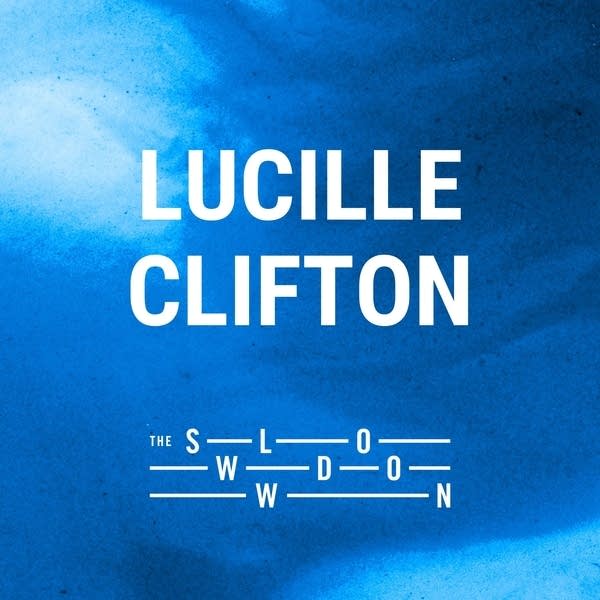1320: mulberry fields by Lucille Clifton

1320: mulberry fields by Lucille Clifton
TRANSCRIPT
I’m Major Jackson, and this is The Slowdown.
A history buff, I have journeyed to many historic sites throughout the country. On one occasion, I visited a sugar plantation. This was during my years in New Orleans. Although I’ve always been curious about Monticello, I’ll probably never tour a plantation again.
For obvious reasons, walking the grounds of Oak Alley was the most emotional of my historic visits. This was unlike visiting the Liberty Bell in Philadelphia, or Mark Twain’s house in Hartford, Connecticut. The meticulously maintained gardens and pastoral grounds with the view of the Mississippi River belied a history of violence and subjugation.
This was back in the late 1990s; the power of ethically presenting such history had not fully taken hold. So, the whole tour covered the story of the slave holding families, Georgian architecture and furniture, activities of the leisure class such as needlework and horseback riding. Not one name of one enslaved African or that of one of their descendants was uttered. Fortunately, today, I understand it is standard practice to minimally display census records.
Although the forced labor and contributions of enslaved men, women, and children were erased, the harsh realities of those unnamed black people were ever present. My heart sank looking at the crude slave quarters just up the path from the opulent mansion, at the display of ankle chains next to farm tools. Even the trees felt menacing.
I know many would rather we forget this moment in our country’s history. We’ve moved to banning books and curriculum that tell this story. I, too, want our dark chapter to have less of a hold on imaginations and policies— but not in exchange for a willful ignorance. Historical markers alone will not heal the scars of the past, nor do they pay the debt of human bondage.
American poetry gently mediates our rich and complicated history. It points the way to healing and affirms timeless values that secure all Americans' freedoms.
Today’s poem captures a small act of resistance on a different plantation that also occupied my mind on the tour. How did the subjugated fight for their bodies, their dignity, their freedoms?
mulberry fields
by Lucille Clifton
they thought the field was wasting and so they gathered the marker rocks and stones and piled them into a barn they say that the rocks were shaped some of them scratched with triangles and other forms they must have been trying to invent some new language they say the rocks went to build that wall there guarding the manor and some few were used for the state house crops refused to grow i say the stones marked an old tongue and it was called eternity and pointed toward the river i say that after that collection no pillow in the big house dreamed i say that somewhere under here moulders one called alice whose great grandson is old now too and refuses to talk about slavery i say that at the masters table only one plate is set for supper i say no seed can flourish on this ground once planted then forsaken wild berries warm a field of bones bloom how you must i say
“mulberry fields” by Lucille Clifton from THE COLLECTED POEMS OF LUCILLE CLIFTON © 2021 Lucille Clifton. Used with the permission of The Permissions Company, LLC on behalf of BOA Editions.


